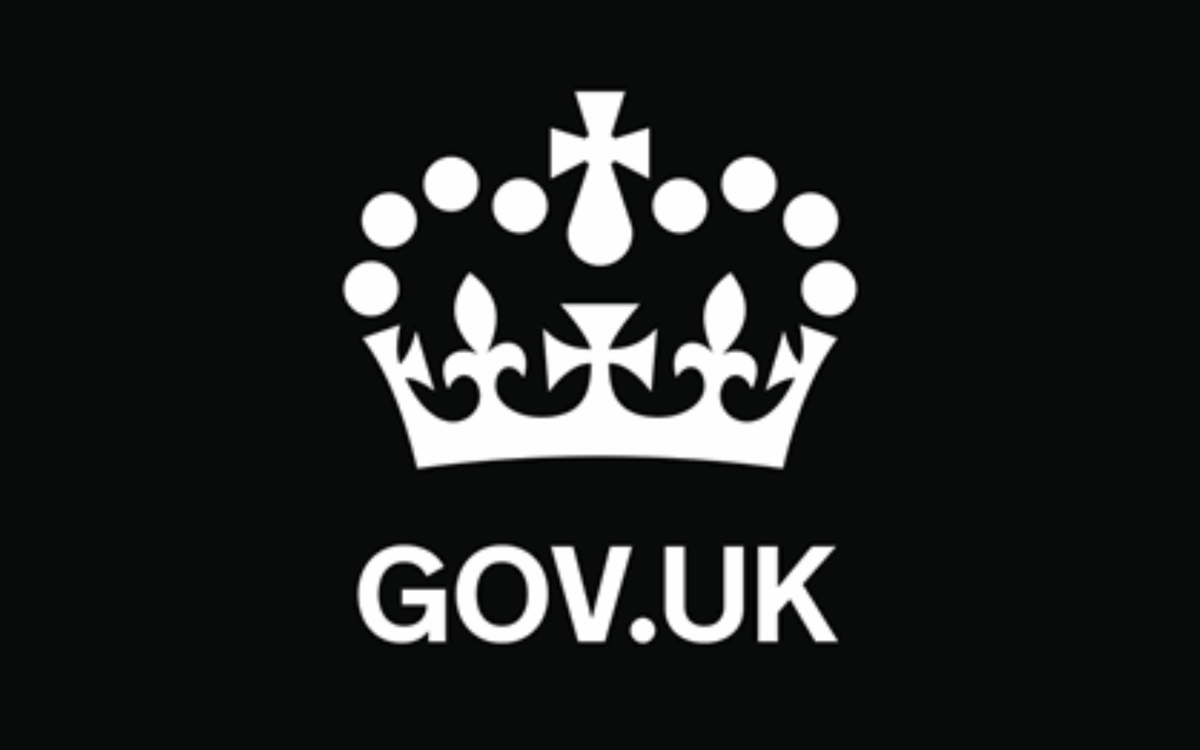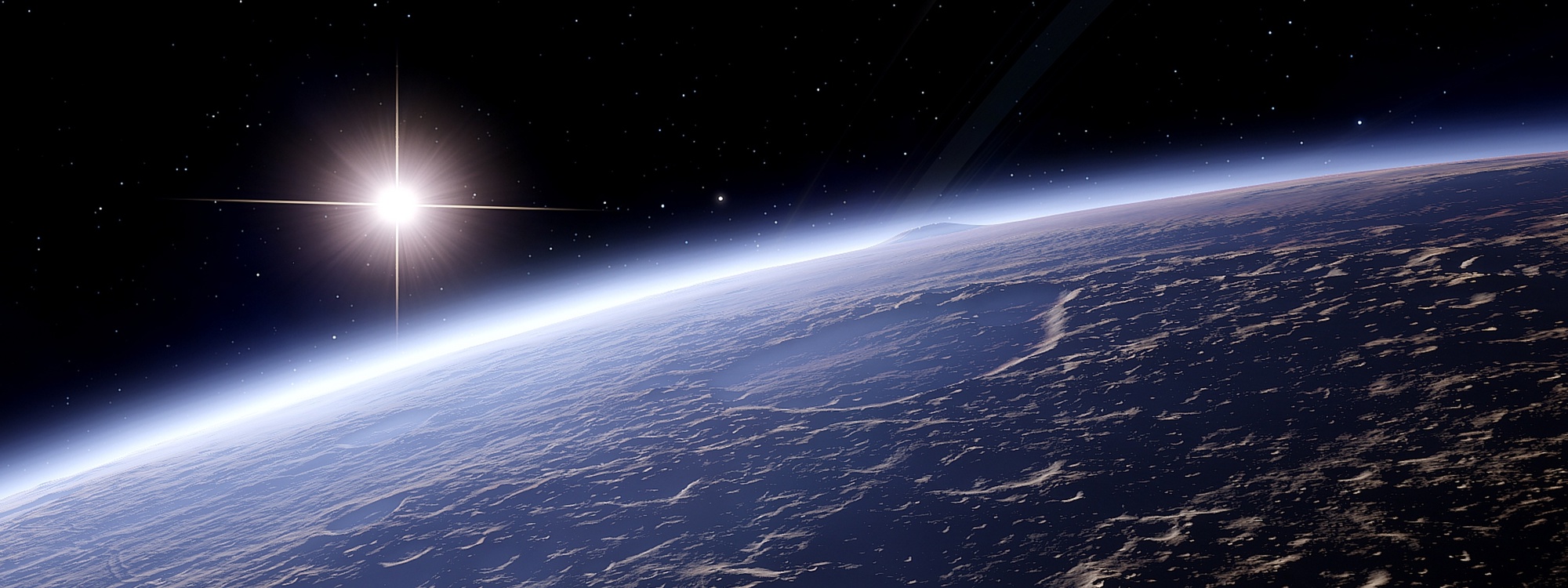
November Newsletter
News from the cluster
Welcome to the latest edition of our Space West Newsletter. We're dedicated to delivering space-related news, updates, and knowledge. With each newsletter, we aim to keep you informed about the most recent discoveries, advancements, and stories from the world of Space in the South West.
About Space West
Space West is a regional consortium of academic and industry partners designed to accelerate growth and innovation in the space sector within the region and nationally. The Space West programme hosted by the National Composites Centre, in partnership with West of England Combined Authority, the Centre for Modelling and Simulation, the University of Bath, the University of Bristol and the University of the West of England.
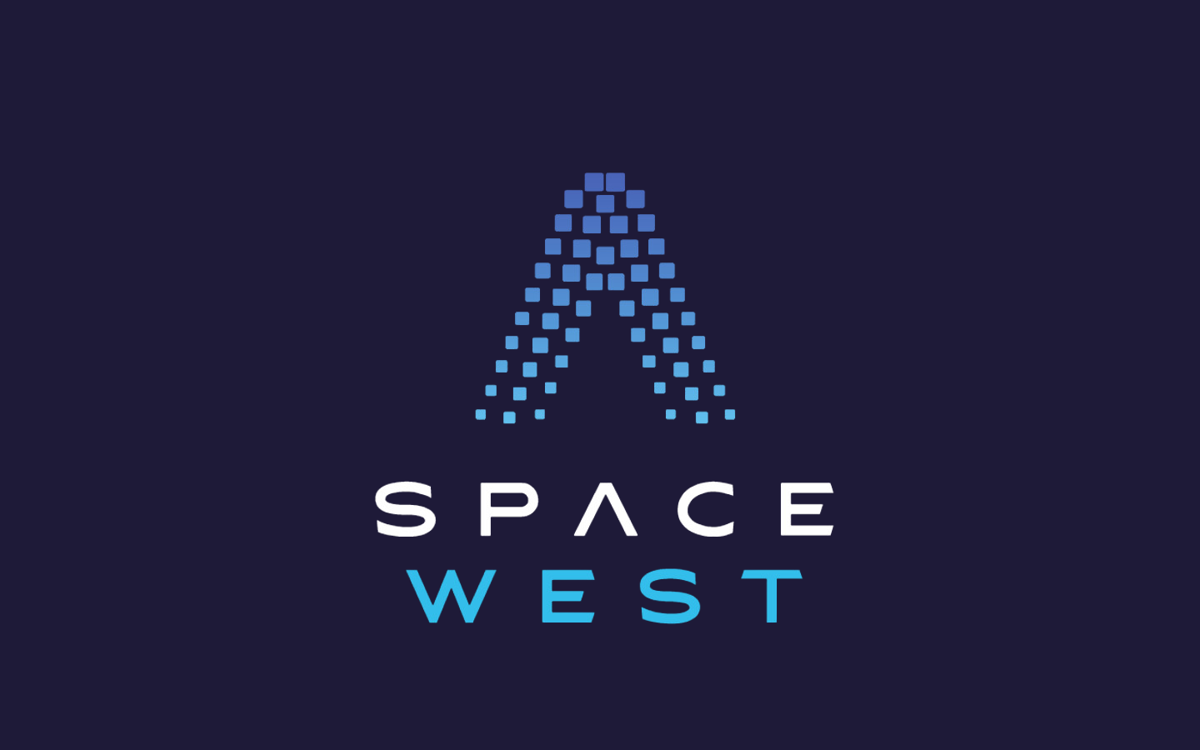
Two Space West Organisations secure Space Cluster Infrastructure Funding
Success for two Space West Organisations securing Space Cluster Infrastructure Funding (SCIF)
Congratulations to iCOMAT and the Centre For Modelling and Simulation (CFMS) for their successful proposals into the UK Space Agencies Space Cluster Infrastructure Funding securing over £5M of funding to deliver facilities and infrastructure that will grow our regional space capabilities.
CFMS’s Dr Mark Woods told us, ‘Space engineering has had limited dedicated computing and hardware resources. Despite having several large space companies, the West of England lacks visible strategic space assets to spur investment and growth.
The Centre for Modelling and Simulation (CFMS), with government backing from the UK Space Agency, is launching the Collaborative Space Data Centre (CoSDaC) project, funded by the Space Cluster Infrastructure Fund (SCIF). CoSDaC will fill the gap in a fast growing market by developing a dedicated space data centre and supporting the next generation of space engineering, using technologies such as AI and robotics. This complements and acts as a portal to the wider resources available in the Space West research landscape. Read more here.
Success also for the University of Bristol’s Prof. Jeffrey Neal and Prof. Paul Bates who have secured UK Space Agency Enabling Technology Programme (ETP) funding to leverage the Surface Water and Ocean Topography (SWOT) mission to improve the accuracy of global flood modelling.
Size and Health of Space Survey 2023
Last chance to represent your business in the annual Size and Health of Space Survey 2023 – really important that we have our regional businesses captured in this survey so that the depth and breadth of activity within the region can be captured - closes December 1st. Complete the survey here.
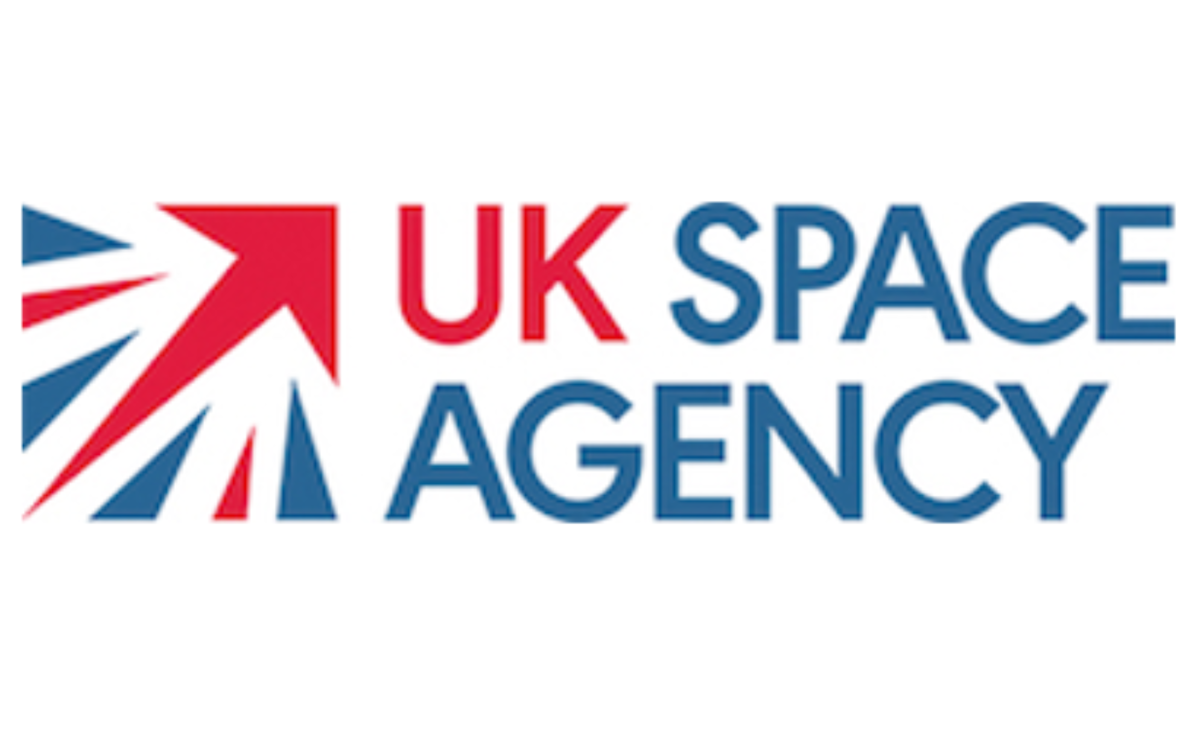
Space West at the US Embassy
Rebecca Huffee, Space West Cluster Manager, was present at the Women in Space event held at the American Embassy this month. The purpose of this event was to pay tribute to the exceptional women contributing to the Space Sector.
'I was really honoured, as Space West Cluster Manager to join a host of incredibly inspiring women from across the UK to celebrate the role that women play within our sector. It was a real pleasure to speak to so many different women working in all areas of the sector.
'What particularly struck me is how varied the routes are into the sector and how very few people working in this area set out to work in space. At Space West we are working with CareerPilot to help provide visibility of the roles and pathways into the space sector so that we can promote the sector to young people and help them to understand the breadth of roles that exist- you don’t have to be a rocket scientist to work in space!'
For further detail regarding professions and employments opportunities within the space sector, please visit the Career Pilot website.

Space West at UK Space Belfast
What an incredible introduction for Space West to the UK Space Conference last week. It started with a bang with the Power Up networking event on Monday evening that brought together the Space Based Solar Power community. We heard from Sam Adlen (Space Solar), Roger Ward (Thales Alenia Space) and Ashley Strange (Frazer Nash Consulting) about progress on their work to make space based solar power a reality. To finish the evening, Space West led a technology themed speed dating session to facilitate new discussions and relationships.
A massive thank you to Frazer Nash Consulting for inviting Space West to be involved and bringing the event together.
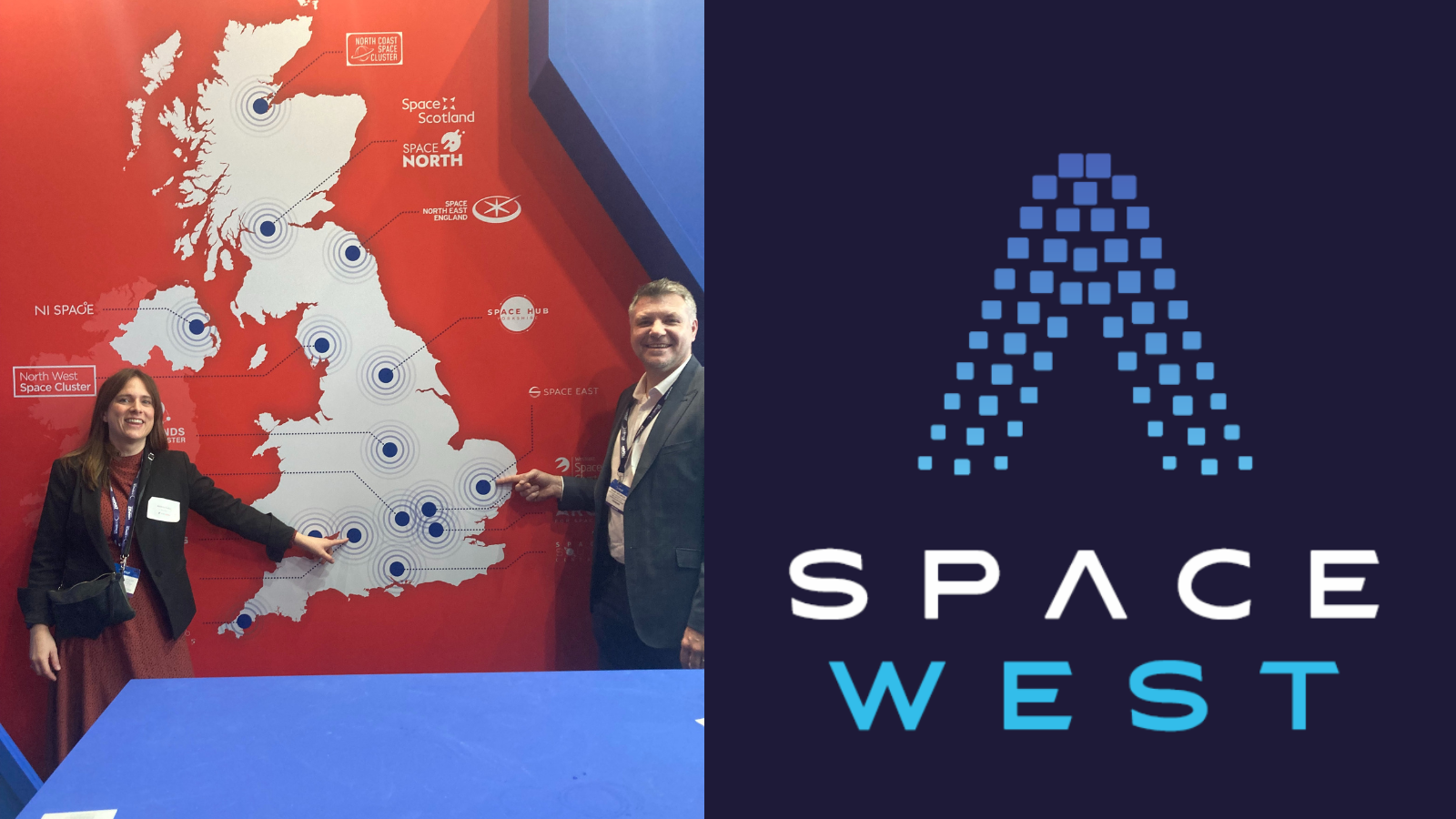
Rebecca Huffee, Space West Cluster Manager attended the exciting and packed three day event.
'The energy and excitement in the room across the entirety of the conference was mentioned by so many and it was so great to meet more of our regional businesses, I am already scoping new proposals and introductions off the back of this. There was a big focus on the UK Space Clusters across the conference programme and it was energising to join the Satellite Application’s Space Ecosystem stand on the second day to put Space West on the map and introduce businesses from across the UK to the space cluster network.'
'There are 14 space clusters across the UK and we work collaboratively to grow the UK Space ecosystem. The Space West cluster geography is captured below but we work with businesses and clusters across the UK to support their growth and raise the visibility of the opportunities in the space sector and this region.'
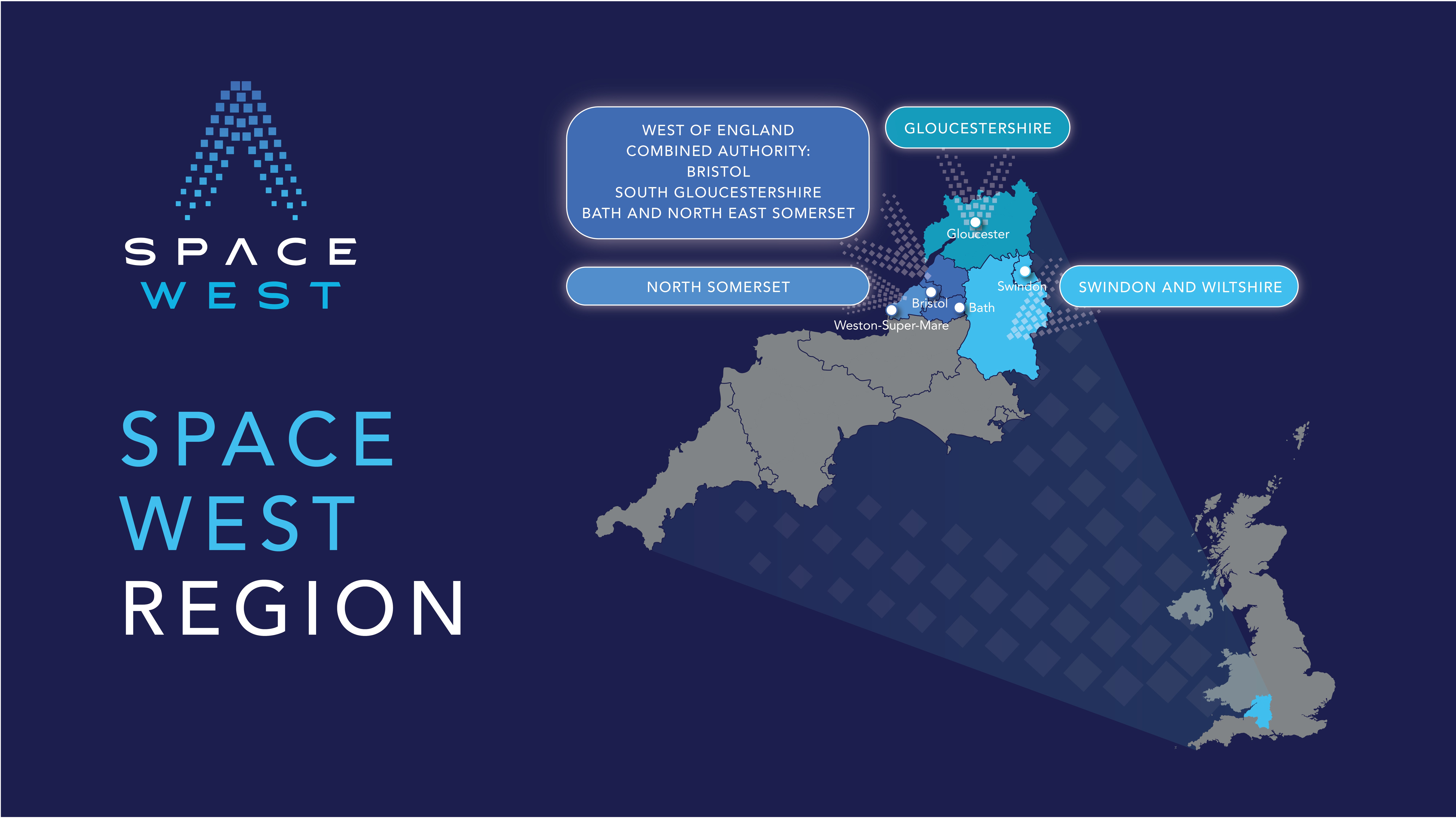

Spotlight on Map Impact
Map Impact are a pioneering environmental services company. They provide a range of novel data that supports a clear understanding of the state of nature and delivers evidence to comply with environmental legislation.
With a highly collaborative approach to business, Map Impact are working closely with the ecology community to deliver a biodiversity screening and monitoring product. This is supporting a wide-ranging user community (including landowners, developers, housing associations and local government) to help them better understand the status of their land holdings. The Map Impact product will provide valuable input to support the requirements of Biodiversity Net Gain legislation. This will mandate that all new developments in England demonstrate an increase in biodiversity of 10% from January 2024.
The service, which is primarily based on outputs from satellite earth observation data, will provide rapid screening of the landscape anywhere in England, as well as ongoing monitoring to provide evidence that improvements to nature are being made. As legislation and environmental reporting demands increase beyond England (for example, under initiatives such as Task Force for Nature based Financial Disclosure – TNFD), the Map Impact biodiversity product will be rolled out in other countries.
In parallel, Map Impact’s product portfolio is being expanded to consider other environmental variables alongside biodiversity. With the support of the UK Space Agency, a catchment-wide, holistic freshwater management service is being developed.
Map Impact's approach to collaboration has resulted in a range of strong external partnerships and has also led to the recruitment of a diverse team. With a very strong belief that business can and should be a force for good, Map Impact are proud to have achieved BCorp Pending status. They are a member of the UK Green Building Council (UKGBC), and are part of the West of England Good Employment Charter.

Research in Focus
The Space West Region hosts three world class universities. Through these newsletters we will share highlights of the remarkable research taking place in these prestigious institutions. All three universities hold Impact Acceleration Accounts which are designed to help universities translate research to real-world impact. If you are interested in collaborating with a university, Space West can connect you to the right support.
Dr Chris Toomer is an applied mathematician who has specialised in aerospace engineering. She is a chartered engineer, and a Fellow of the Royal Aeronautical Society and the British Interplanetary Society. Completing a doctorate at Imperial College in global atmospheric modelling and a postdoc in astrophysics; Chris moved to BAe Systems to work on developing computational fluid dynamics and multiphysics models for compressible flows, specialising in hypersonic and supersonics vehicles. She has been a visiting Professor at NASA Langley and Old Dominion University, and worked subsequently at ETH-Zurich’s supercomputing centre running a computational modelling group. She is currently an Associate Professor at the School of Engineering at UWE, Bristol. [email protected]
Her current areas of research include hypersonics multiphysics CFD, ion thruster development, debris removal and in-space manufacturing of new alloys. The hypersonics and ion thruster modelling enable the simulation of the fluid and electric fields around the spacecraft from launch to orbit and return to Earth. As we continue to increase our launch capabilities with rockets and onto spaceplanes, it becomes increasingly important to model the physico-chemical effects around the vehicle as it travels through the atmosphere as well as studying the effect of the space environment on spacecraft whilst they are in orbit.
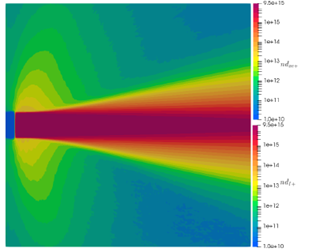 Modelling using PIC/DSMC algorithms of Ion thruster plumes (moving to the right) for two different fuels. The upper half of the picture shows xenon and the lower diagram shows iodine fuel. (I.Gomez, C. Toomer. K. Aplin, A. Lawrie)
Modelling using PIC/DSMC algorithms of Ion thruster plumes (moving to the right) for two different fuels. The upper half of the picture shows xenon and the lower diagram shows iodine fuel. (I.Gomez, C. Toomer. K. Aplin, A. Lawrie)
The debris removal and in-space manufacturing look to a future where we are operating in space for science and business activities. Debris continues to be a major concern and hazard, and its removal poses difficulties in terms of containing and removing the debris without causing more debris in the process as well as overcoming the international legalities. However the intent to remove existing debris and to ensure that we always have adequate spacecraft disposal plans shows the move towards sustainable, responsible and manageable space environments. Such behaviour paves the way for commercial activities including space manufacturing where microgravity conditions allow us to experiment with the development of new alloys, as well as 3D printing new space structures – possibly recycling the debris we can collect. As part of the space robotics we undertake at UWE are projects on debris grasping robots, robotic decomposition of debris and containerless field control for alloy production.

Events and Opportunities
Stay connected with the latest updates from Space West!
Subscribe to our newsletter now and receive exciting news and space-related insights directly in your inbox. Join our space community by emailing us at: [email protected]

